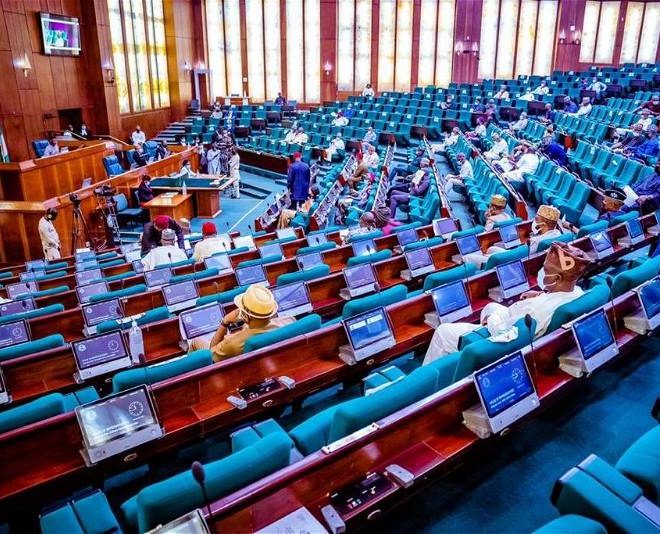The House of Representatives has directed the Federal Ministry of Health, the Nigeria Centre for Disease Control (NCDC), and the National Primary Health Care Development Agency to enforce compulsory diphtheria immunisation across the country.
This directive followed the adoption of a motion of urgent public importance presented by Rep. Bitrus Laori (PDP–Adamawa) during plenary on Wednesday.
The House also called for mandatory diphtheria vaccination, testing, and treatment in all healthcare centres at the local government level nationwide.
Correspondents report that diphtheria is a bacterial infection caused by Corynebacterium species, which affects the nose, throat, and skin, and can lead to heart complications in severe cases. The disease produces a thick grey coating at the back of the throat, obstructing breathing, but it is preventable through vaccination.
In his debate, Laori described diphtheria as an escalating public health threat, recalling that the first major outbreak in Nigeria occurred in Borno State in 2011, resulting in 21 deaths.
He explained that the disease spreads through respiratory droplets, contaminated surfaces, and overcrowded, unhygienic conditions, with children and immunocompromised individuals being most at risk.
Laori warned that the resurgence of diphtheria posed a grave danger to Nigeria’s already burdened healthcare system.
He noted that while countries such as the United States and those in Europe had largely eradicated diphtheria through extensive vaccination, the disease remained prevalent in parts of Africa with low immunisation coverage.
“Diphtheria primarily threatens unvaccinated individuals who travel internationally or come into contact with infected persons,” he said.
“In countries like Niger, Gabon, and Mauritania, outbreaks have been successfully controlled through early detection, lab confirmation, and access to antitoxins and antibiotics.”
“In contrast, Nigeria faces a dire situation, with thousands of reported cases and deaths due to insufficient vaccination,” he added.
According to Laori, between May 2022 and February 2025, Nigeria recorded 41,978 suspected diphtheria cases across several states, including Bauchi, Borno, Jigawa, Kaduna, and Katsina.
He said Kano and Yobe had the highest figures, with 24,062 and 5,330 cases respectively.
Laori stated that most cases involved children aged 1 to 14, and only 19.7 per cent were fully vaccinated. He noted that the outbreak had led to 1,279 deaths during the period.
He cautioned that without swift action, the fatality rate could increase and the disease might spread beyond the currently affected states.
He also highlighted challenges such as low vaccine coverage, delayed diagnosis, and poor treatment options, which continued to exacerbate the outbreak.
The House further urged the Federal Ministry of Information and National Orientation to boost public education campaigns on the symptoms, risks, and transmission of diphtheria in order to curb its spread and minimise fatalities.
In his ruling, Speaker of the House, Rep. Abbas Tajudeen, directed the Committee on Health and Health Institutions to evaluate the capacity of health facilities to manage the diphtheria outbreak.
The committee is expected to report back within four weeks for further legislative steps.
He also instructed the Committee on Legislative Compliance to ensure the resolution is implemented.
(NAN)


